Official government website of the Government of the Kingdom of Saudi Arabia
Links to official Saudi websites end withgov.sa
All links to official websites of government agencies in the Kingdom ofSaudi Arabia end with .gov.sa
Government websites use theHTTPSprotocol for encryption and security.
Secure websites in the Kingdom of Saudi Arabia use the HTTPS protocolfor encryption.
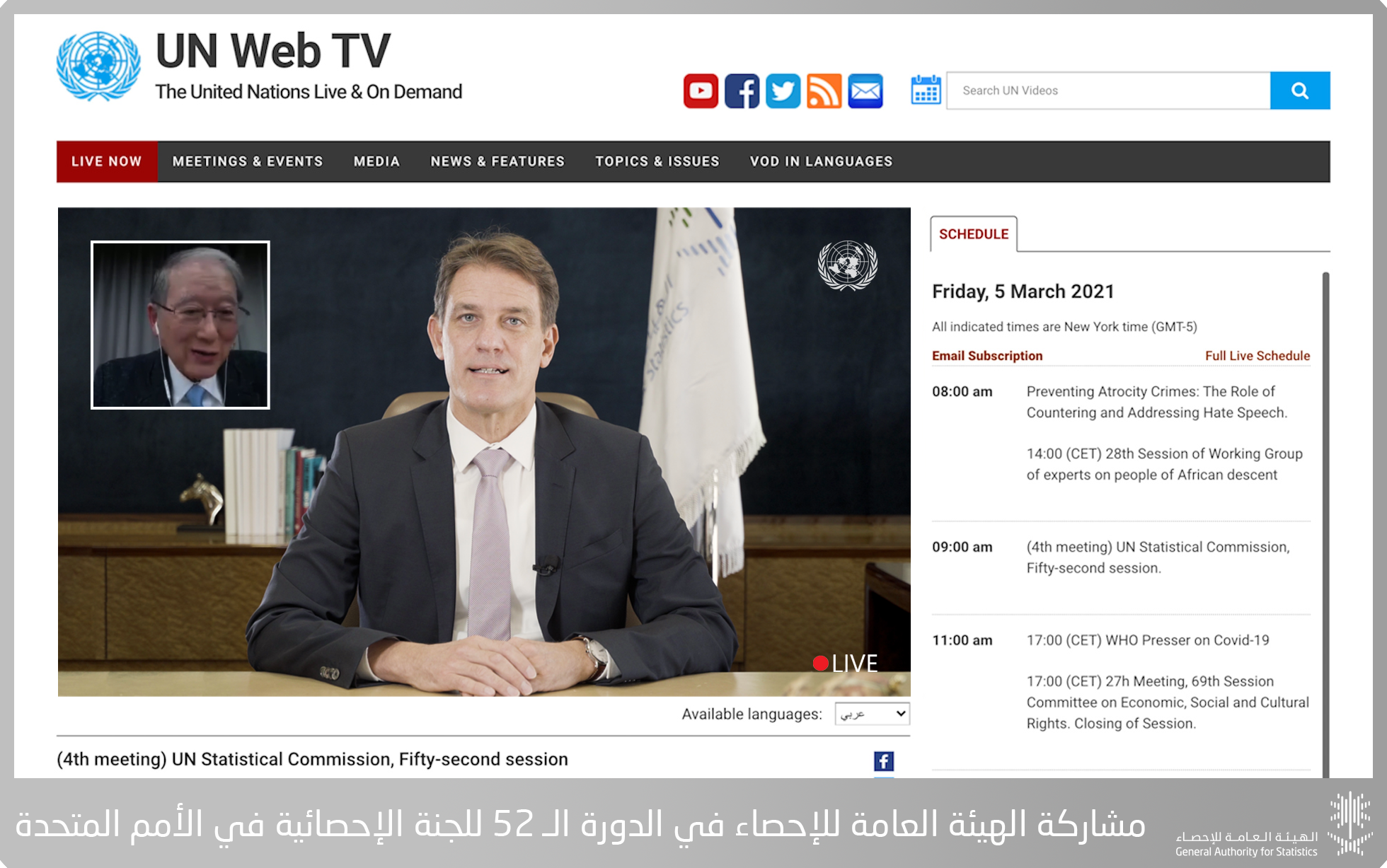
The General Authority for Statistics participates in the 52nd session of the United Nations Statistical Commission.
13-03-2021
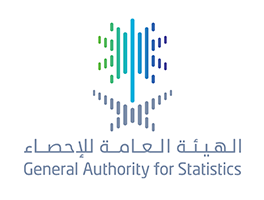
General Authority for Statistics Holds the Saudi Standard Classification of Occupations’ Forum on Wednesday
09-03-2021
The General Authority for Statistics Launches the Tourism Establishments Survey Project
30-01-2021
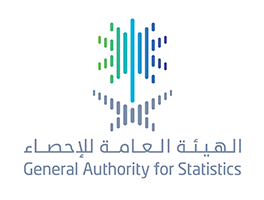
Statistics: The results of the labor market survey will be released during the coming period, due to the importance of the target period, and more reviews
20-01-2021
The General Authority for Statistics Participates in the Gulf Statistics Day ...
24-12-2020
The General Authority for Statistics is seeking the opinion and comments of the public for the proposed Statistics Law
24-11-2020
GASTAT Releases the Real-Estate Price Index report for the 3rd Quarter 2020
19-11-2020
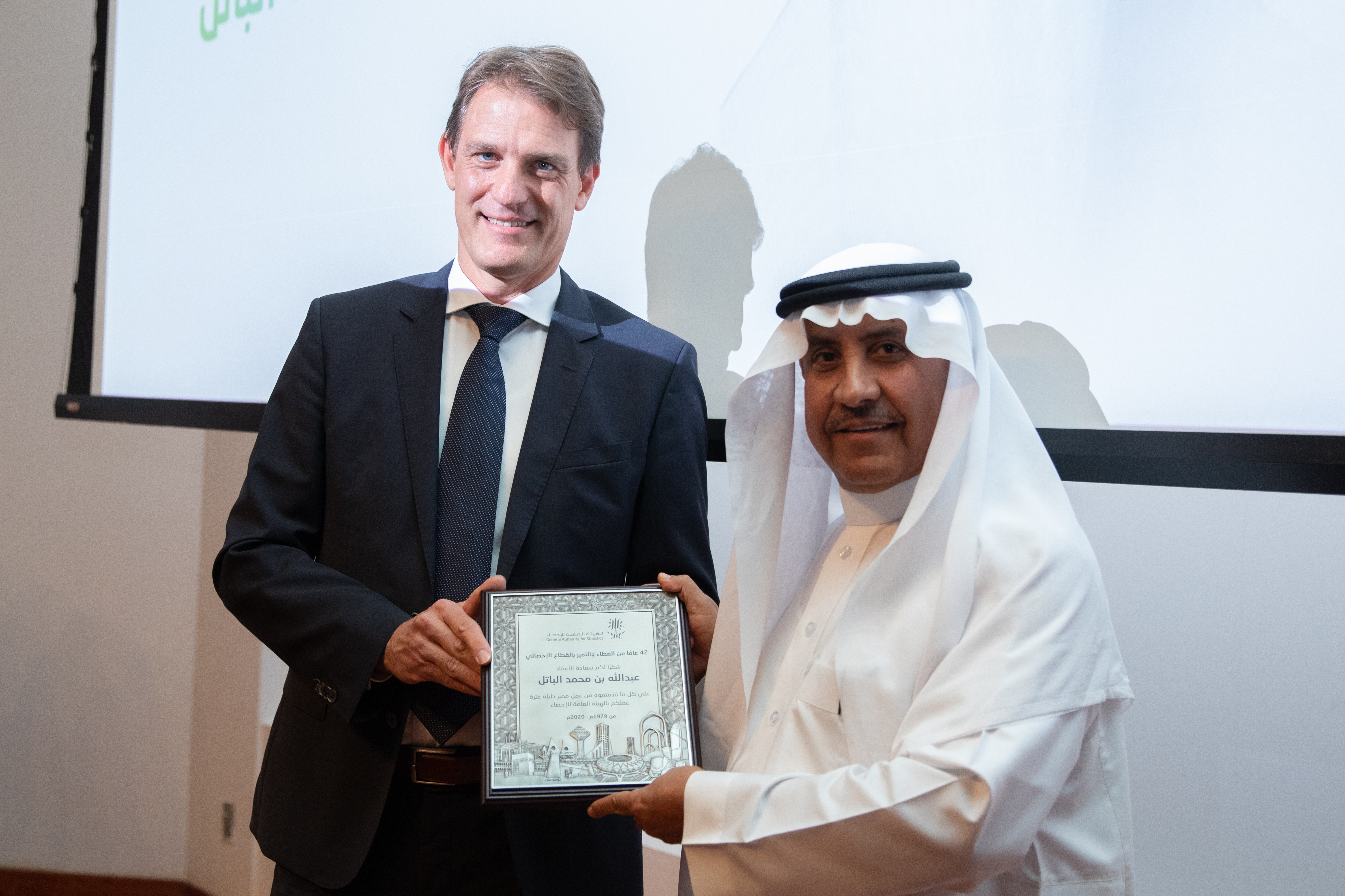
GASTAT president honors Albatel after a successful career path that lasts for 40 years
16-11-2020
GASTAT: The unemployment rate of the total population and the Saudis decreased during the first quarter of 2019 compared to the last quarter of 2018
19-10-2020
GASTAT releases the results of Labor Market Statistics Q1 2020
15-07-2020
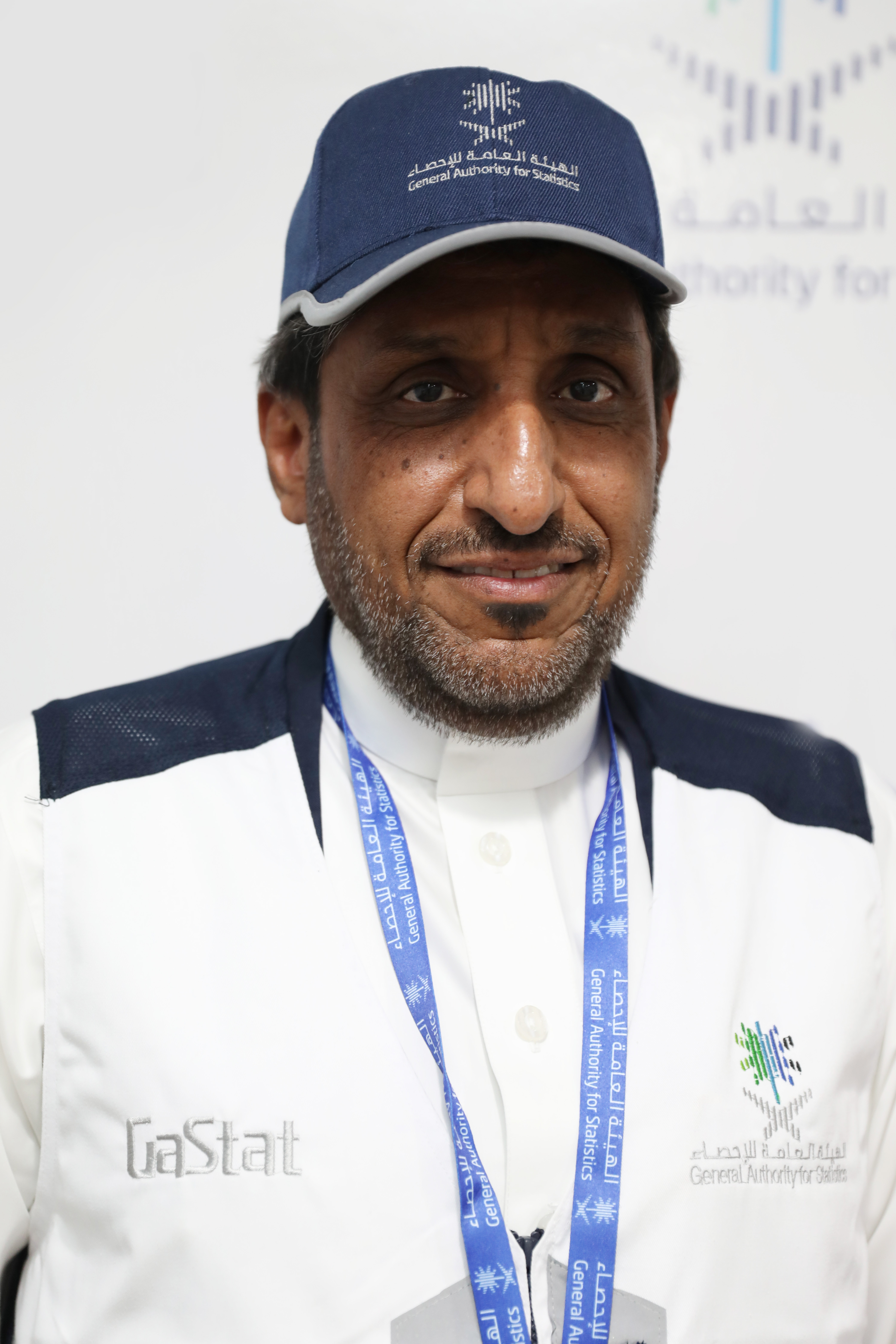
Al-Fuhaid: Those who exist in the two holy mosques, hospitals and hotels will be counted on the first day of the actual enumeration stage
01-03-2020
GASTAT: the percentage of occupied dwellings of Saudi households increase up to 62.08% and rentals drop to 35.49%
15-11-2019

Spokesman of GASTAT: success partners are welcome to work in the 2020 Census
23-10-2019
“GASTAT” Releases the Results of the Household Energy Survey, 2019
10-10-2019
The General Authority for Statistics (GASTAT) released the results of the “Household Energy Survey (2019)” on its official website www.stats.gov.sa. It is a field survey that collects data of household energy from a sample of households covering all 13 administrative regions in the Kingdom. The survey provides data on the type of housing, its components, the areas that are air-conditioned and heated, and data on household uses of fuel of all kinds, in addition to identifying the patterns of energy consumption and the forms of energy used in the domestic sector. The results of the household energy survey showed that (100%) of households use electricity in their houses. (99.50%) of their houses are connected to the public electricity network. However, (0.38 %) use a private network as a source for electricity, while (0.12 %) use a generator as a source of electricity, the results also showed that the percentage of households using solar energy at homes reached (1.60 %). The results also showed that the percentage of households using an independent electric meter reached (85.29 %), while (14.71 %) are using an electric meter shared with other houses, whereas (18.01 %) use power regulator at home. Regarding the use of fuel in cooking, the results showed that about (89.34 %) of households use gas as the main source of fuel for cooking, while (10.18 %) of households use electricity for cooking. In addition, (0.30 %) of households use wood as a main source of fuel for cooking. The results also showed that (8.64 %) of households use (wood, coal and agricultural waste). However, the use of wood at home for heating and cooking reached (12.73%). Regarding the patterns and behavior of households in the rationalization of power consumption, the results showed that (55.29 %) of households are interested in cutting expenses or rationalizing power consumption. The results also showed that (37.69 %) of households are likely interested in power consumption rationalization while only (7.02 %) of households are not interested at all in cutting expenses or rationalizing power consumption. Moreover, the results revealed that (36.30%) of households have power savers at their houses while (63.70 %) of households do not have power savers to rationalize consumption. Furthermore, the results of the Household Energy Survey demonstrated that the total consumption of household fuel (fuel oil), kerosene and LPG reached more than 1 billion liters (1,049,620,514) in all regions of the Kingdom. The volume of consumption of diesel (fuel oil) reached about (4,246,564) four million and two hundred and forty-six thousands five hundred and sixty-four liters, which represents about (0.40 %) of total consumption volume, while the consumption of gas (kerosene) reached more than nineteen million L (19,539, 976) representing about 1.87 % of the total size of consumption. The size of gas consumption (LPG) reached over one billion liters (1,025,833,974), representing (97.73%) of the total size of consumption. In addition, The results indicated that (22.15%) of households in the Kingdom spend less than 5% of their income on electricity and other sources of fuel, while (34.49%) spend between (5-10%) of their income, while (22.53%) of households spend between (15-11%) of their income and (13.62%) Spend between (20-16%) of their income on electricity and other sources of fuel, while we found that (7.21%) of households spend more than (20%) of their income. It is worth mentioning that the Household Energy Survey, 2019 is the third survey conducted by the General Authority for Statistics on an annual basis since 2017.
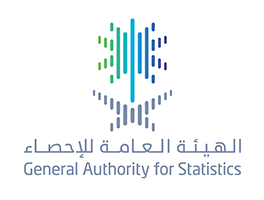
الهيئة العامة للإحصاء تصدر نتائج "مسح الإنتاج الزراعي" ثالث المسوح الزراعية الجديدة
03-10-2019
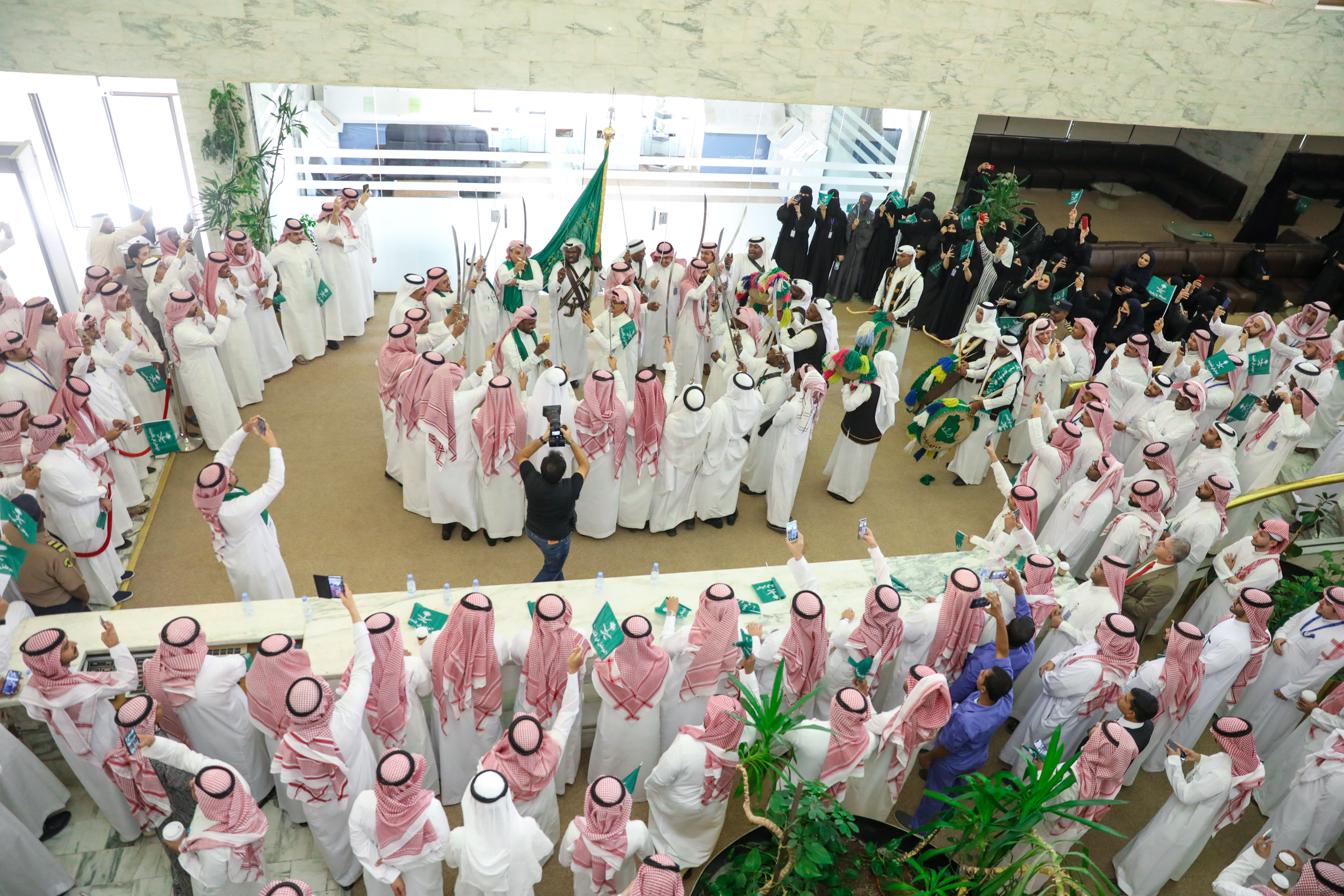
The employees of the General Authority for Statistics celebrate the 89th National Day
01-10-2019
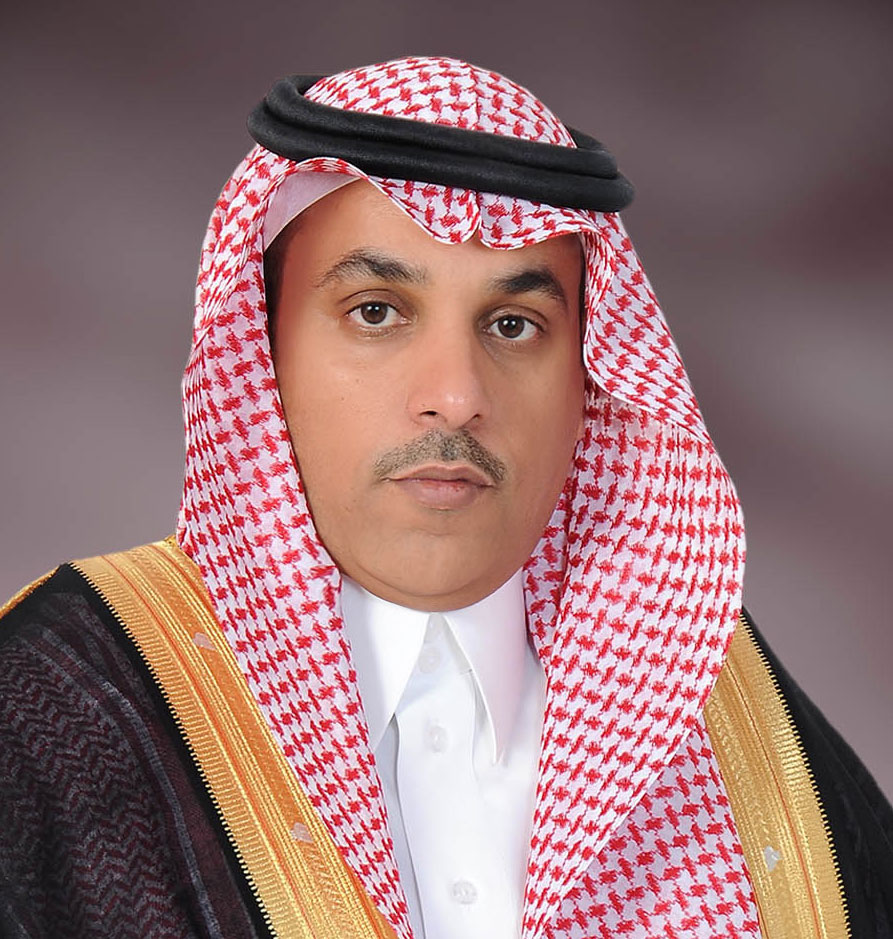
رئيس هيئة الإحصاء: نقف على أعتاب مرحلة جديدة لنتحدث عن منجزات وطننا بلغة الأرقام الإحصائية
21-09-2019
GASTAT: A decrease in the unemployment rate of total Saudis to (12.3%) and an increase in the economic participation rate of Saudi females to (23.2%)
15-09-2019
According to the results of the labour market bulletin for the second quarter of 2019, the unemployment rate of the total population decreased to (5.6%) GASTAT: A decrease in the unemployment rate of total Saudis to (12.3%) and an increase in the economic participation rate of Saudi females to (23.2%) On Thursday, Muharram 13th, 1441H. (September 12th, 2019), GASTAT released the Labour Market Bulletin for the second quarter of 2019 on its official website www.stats.gov.sa . The bulletin is based on the estimates of the Labour Force Survey conducted by GASTAT on a quarterly basis as well as the labour market data from the administrative records of the relevant entities (Ministry of Labour and Social Development, Ministry of Civil Service, General Organization for Social Insurance, Human Resources Development Fund, and National Information Center). The results of the second quarter of 2019, based on the estimates of the labour force Survey, showed a decrease in the unemployment rate of total population (15 years and above) which reached (5.6%) compared to (6%) in the first quarter of 2019. With regard to Saudis’ unemployment rate, the results showed a decrease in the unemployment rate of total Saudis (males and females who are 15 years old and above) reaching (12.3%) based on the estimates of the Labour Force Survey (2019, Quarter 2) compared to (12.5%) in the first quarter of the same year. The results of the survey also showed an increase in the economic participation rate of total Saudis (males and females (15+)) reaching (45.0%) in the second quarter of 2019 compared to (42.3%) in the previous quarter. The economic participation rate among Saudi females increased to reach (23.2%) compared to (20.5%) in the previous quarter. Based on the data of the administrative records of the second quarter of 2019, the results of the bulletin also showed that the total number of employed Saudis (males and females) recorded a decrease reaching (3.090.248) employee in the second quarter of 2019 compared to (3,112,029) in the first quarter. According to the results of the bulletin and based on the data from the Ministry of Civil Service (Jadarah and Sa’ed) and the data from the Human Resources Development Fund (Taqat), the total number of Saudi job seekers reached (1.002.855) based on the administrative records in Saudi Arabia during the second quarter of 2019. GASTAT has defined jobseekers as Saudi individuals (males and females) registered in job seeking programs of the Ministry of Civil Service (Jadarh and Sa’ed) as well as Human Resources Development Fund (Taqat) where they entered their personal data, qualifications, experiences, and CVs electronically. Jobseekers included in the administrative records are not subjected to the internationally recognized criteria and conditions of the International Labor Organization (ILO); hence, not all of them are considered unemployed individuals. Therefore, not every job seeker is an unemployed individual; they may be looking for a work while still working in another job, as in the case of job seekers in the government sector where they work for their own business and not registered as employees in the governmental administrative records (Civil Service, Social Insurance, commercial registers, and municipal licenses).
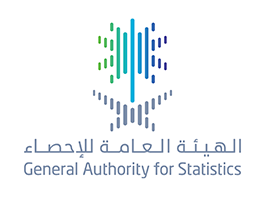
GASTAT: releases Consumer Price Index(CPI) Monthly Report for July,2019
29-08-2019
GASTAT: More than (2 billion) litres of milk is produced by specialized cow farms, and more than (2,500) fish ponds in Saudi Arabia
29-08-2019

The General Authority for Statistics participates in the 52nd session of the United Nations Statistical Commission.
13-03-2021

General Authority for Statistics Holds the Saudi Standard Classification of Occupations’ Forum on Wednesday
09-03-2021
The General Authority for Statistics Launches the Tourism Establishments Survey Project
30-01-2021

Statistics: The results of the labor market survey will be released during the coming period, due to the importance of the target period, and more reviews
20-01-2021
The General Authority for Statistics Participates in the Gulf Statistics Day ...
24-12-2020
The General Authority for Statistics is seeking the opinion and comments of the public for the proposed Statistics Law
24-11-2020
GASTAT Releases the Real-Estate Price Index report for the 3rd Quarter 2020
19-11-2020

GASTAT president honors Albatel after a successful career path that lasts for 40 years
16-11-2020
GASTAT: The unemployment rate of the total population and the Saudis decreased during the first quarter of 2019 compared to the last quarter of 2018
19-10-2020
GASTAT releases the results of Labor Market Statistics Q1 2020
15-07-2020

Al-Fuhaid: Those who exist in the two holy mosques, hospitals and hotels will be counted on the first day of the actual enumeration stage
01-03-2020
GASTAT: the percentage of occupied dwellings of Saudi households increase up to 62.08% and rentals drop to 35.49%
15-11-2019

Spokesman of GASTAT: success partners are welcome to work in the 2020 Census
23-10-2019
“GASTAT” Releases the Results of the Household Energy Survey, 2019
10-10-2019
The General Authority for Statistics (GASTAT) released the results of the “Household Energy Survey (2019)” on its official website www.stats.gov.sa. It is a field survey that collects data of household energy from a sample of households covering all 13 administrative regions in the Kingdom. The survey provides data on the type of housing, its components, the areas that are air-conditioned and heated, and data on household uses of fuel of all kinds, in addition to identifying the patterns of energy consumption and the forms of energy used in the domestic sector. The results of the household energy survey showed that (100%) of households use electricity in their houses. (99.50%) of their houses are connected to the public electricity network. However, (0.38 %) use a private network as a source for electricity, while (0.12 %) use a generator as a source of electricity, the results also showed that the percentage of households using solar energy at homes reached (1.60 %). The results also showed that the percentage of households using an independent electric meter reached (85.29 %), while (14.71 %) are using an electric meter shared with other houses, whereas (18.01 %) use power regulator at home. Regarding the use of fuel in cooking, the results showed that about (89.34 %) of households use gas as the main source of fuel for cooking, while (10.18 %) of households use electricity for cooking. In addition, (0.30 %) of households use wood as a main source of fuel for cooking. The results also showed that (8.64 %) of households use (wood, coal and agricultural waste). However, the use of wood at home for heating and cooking reached (12.73%). Regarding the patterns and behavior of households in the rationalization of power consumption, the results showed that (55.29 %) of households are interested in cutting expenses or rationalizing power consumption. The results also showed that (37.69 %) of households are likely interested in power consumption rationalization while only (7.02 %) of households are not interested at all in cutting expenses or rationalizing power consumption. Moreover, the results revealed that (36.30%) of households have power savers at their houses while (63.70 %) of households do not have power savers to rationalize consumption. Furthermore, the results of the Household Energy Survey demonstrated that the total consumption of household fuel (fuel oil), kerosene and LPG reached more than 1 billion liters (1,049,620,514) in all regions of the Kingdom. The volume of consumption of diesel (fuel oil) reached about (4,246,564) four million and two hundred and forty-six thousands five hundred and sixty-four liters, which represents about (0.40 %) of total consumption volume, while the consumption of gas (kerosene) reached more than nineteen million L (19,539, 976) representing about 1.87 % of the total size of consumption. The size of gas consumption (LPG) reached over one billion liters (1,025,833,974), representing (97.73%) of the total size of consumption. In addition, The results indicated that (22.15%) of households in the Kingdom spend less than 5% of their income on electricity and other sources of fuel, while (34.49%) spend between (5-10%) of their income, while (22.53%) of households spend between (15-11%) of their income and (13.62%) Spend between (20-16%) of their income on electricity and other sources of fuel, while we found that (7.21%) of households spend more than (20%) of their income. It is worth mentioning that the Household Energy Survey, 2019 is the third survey conducted by the General Authority for Statistics on an annual basis since 2017.

الهيئة العامة للإحصاء تصدر نتائج "مسح الإنتاج الزراعي" ثالث المسوح الزراعية الجديدة
03-10-2019

The employees of the General Authority for Statistics celebrate the 89th National Day
01-10-2019

رئيس هيئة الإحصاء: نقف على أعتاب مرحلة جديدة لنتحدث عن منجزات وطننا بلغة الأرقام الإحصائية
21-09-2019
GASTAT: A decrease in the unemployment rate of total Saudis to (12.3%) and an increase in the economic participation rate of Saudi females to (23.2%)
15-09-2019
According to the results of the labour market bulletin for the second quarter of 2019, the unemployment rate of the total population decreased to (5.6%) GASTAT: A decrease in the unemployment rate of total Saudis to (12.3%) and an increase in the economic participation rate of Saudi females to (23.2%) On Thursday, Muharram 13th, 1441H. (September 12th, 2019), GASTAT released the Labour Market Bulletin for the second quarter of 2019 on its official website www.stats.gov.sa . The bulletin is based on the estimates of the Labour Force Survey conducted by GASTAT on a quarterly basis as well as the labour market data from the administrative records of the relevant entities (Ministry of Labour and Social Development, Ministry of Civil Service, General Organization for Social Insurance, Human Resources Development Fund, and National Information Center). The results of the second quarter of 2019, based on the estimates of the labour force Survey, showed a decrease in the unemployment rate of total population (15 years and above) which reached (5.6%) compared to (6%) in the first quarter of 2019. With regard to Saudis’ unemployment rate, the results showed a decrease in the unemployment rate of total Saudis (males and females who are 15 years old and above) reaching (12.3%) based on the estimates of the Labour Force Survey (2019, Quarter 2) compared to (12.5%) in the first quarter of the same year. The results of the survey also showed an increase in the economic participation rate of total Saudis (males and females (15+)) reaching (45.0%) in the second quarter of 2019 compared to (42.3%) in the previous quarter. The economic participation rate among Saudi females increased to reach (23.2%) compared to (20.5%) in the previous quarter. Based on the data of the administrative records of the second quarter of 2019, the results of the bulletin also showed that the total number of employed Saudis (males and females) recorded a decrease reaching (3.090.248) employee in the second quarter of 2019 compared to (3,112,029) in the first quarter. According to the results of the bulletin and based on the data from the Ministry of Civil Service (Jadarah and Sa’ed) and the data from the Human Resources Development Fund (Taqat), the total number of Saudi job seekers reached (1.002.855) based on the administrative records in Saudi Arabia during the second quarter of 2019. GASTAT has defined jobseekers as Saudi individuals (males and females) registered in job seeking programs of the Ministry of Civil Service (Jadarh and Sa’ed) as well as Human Resources Development Fund (Taqat) where they entered their personal data, qualifications, experiences, and CVs electronically. Jobseekers included in the administrative records are not subjected to the internationally recognized criteria and conditions of the International Labor Organization (ILO); hence, not all of them are considered unemployed individuals. Therefore, not every job seeker is an unemployed individual; they may be looking for a work while still working in another job, as in the case of job seekers in the government sector where they work for their own business and not registered as employees in the governmental administrative records (Civil Service, Social Insurance, commercial registers, and municipal licenses).

GASTAT: releases Consumer Price Index(CPI) Monthly Report for July,2019
29-08-2019
GASTAT: More than (2 billion) litres of milk is produced by specialized cow farms, and more than (2,500) fish ponds in Saudi Arabia
29-08-2019